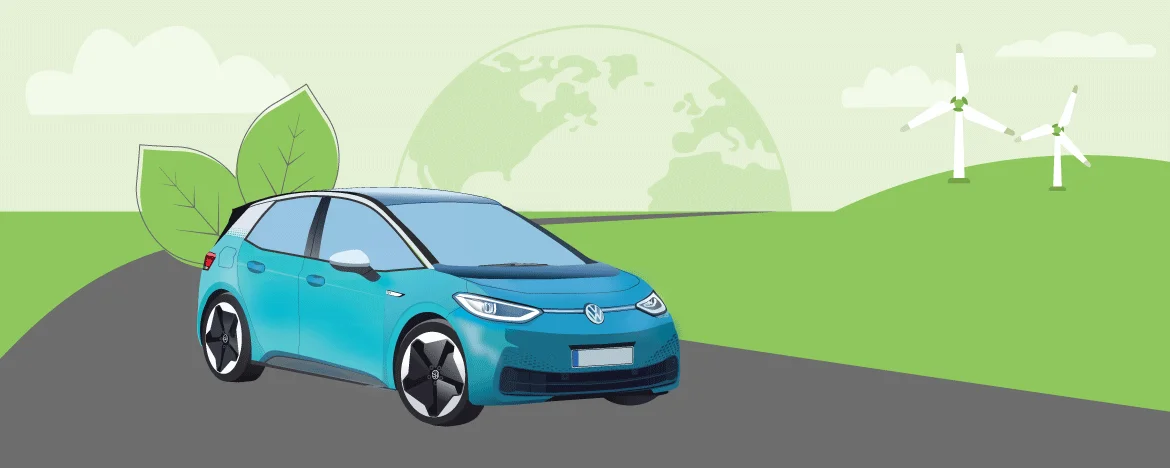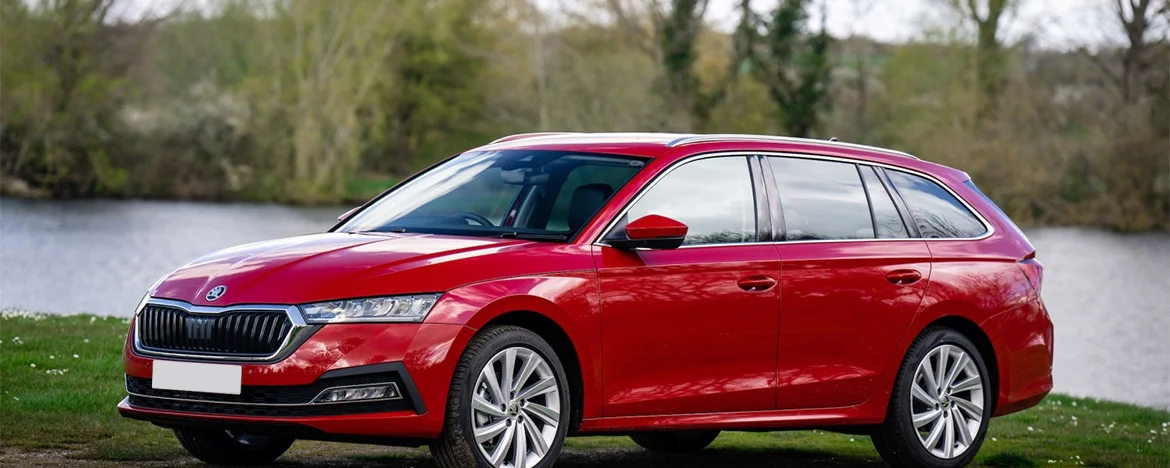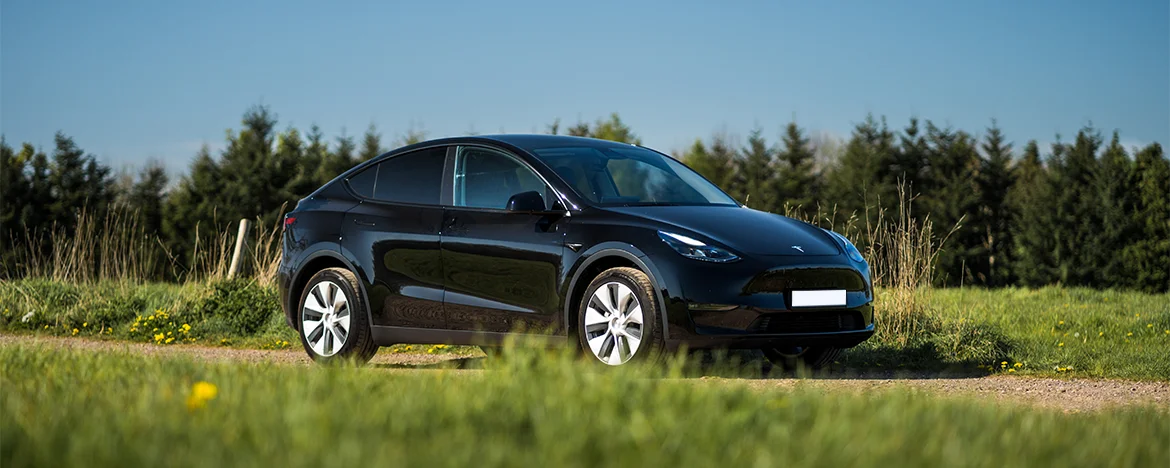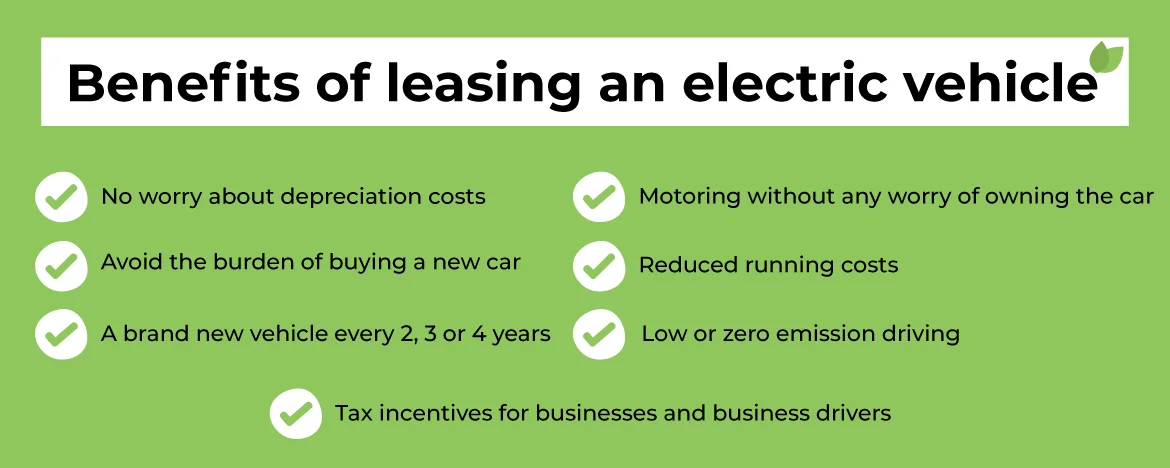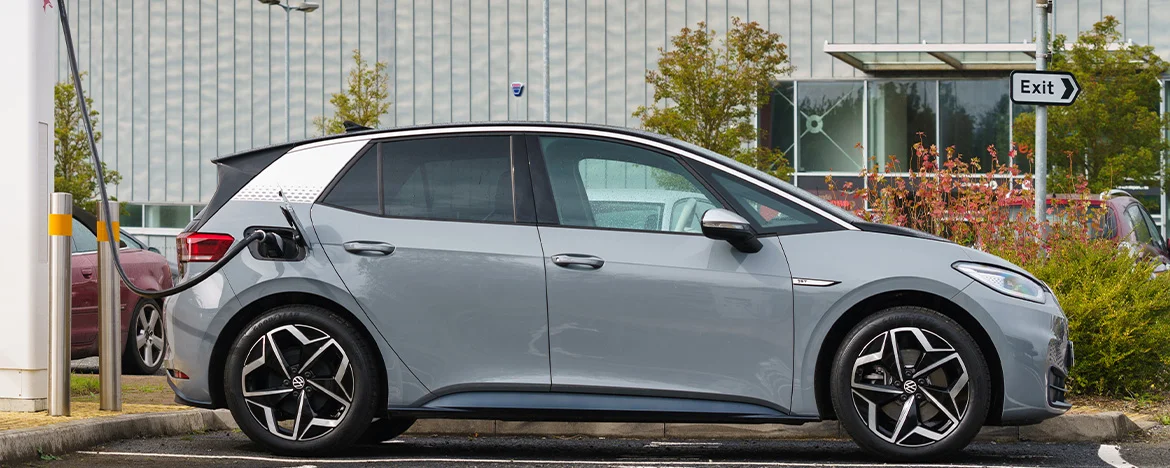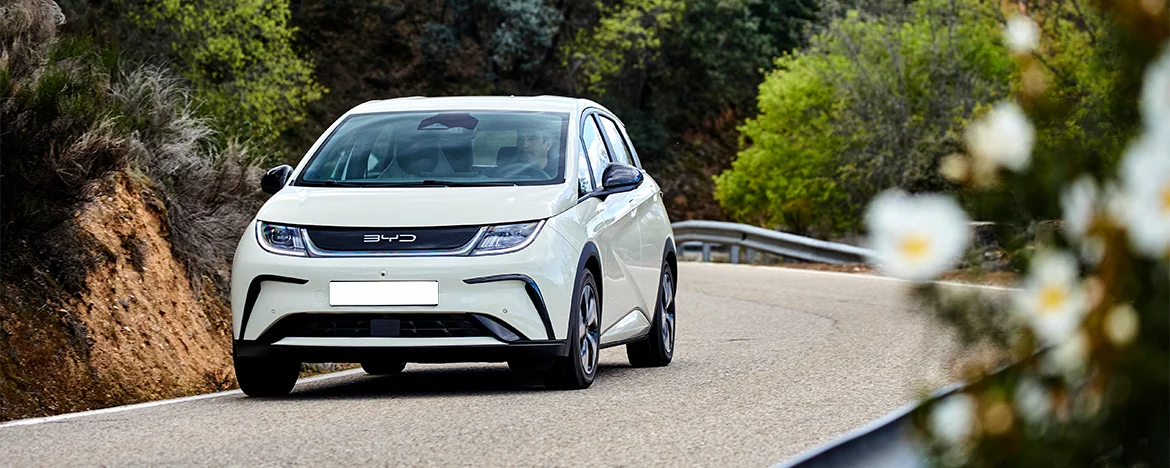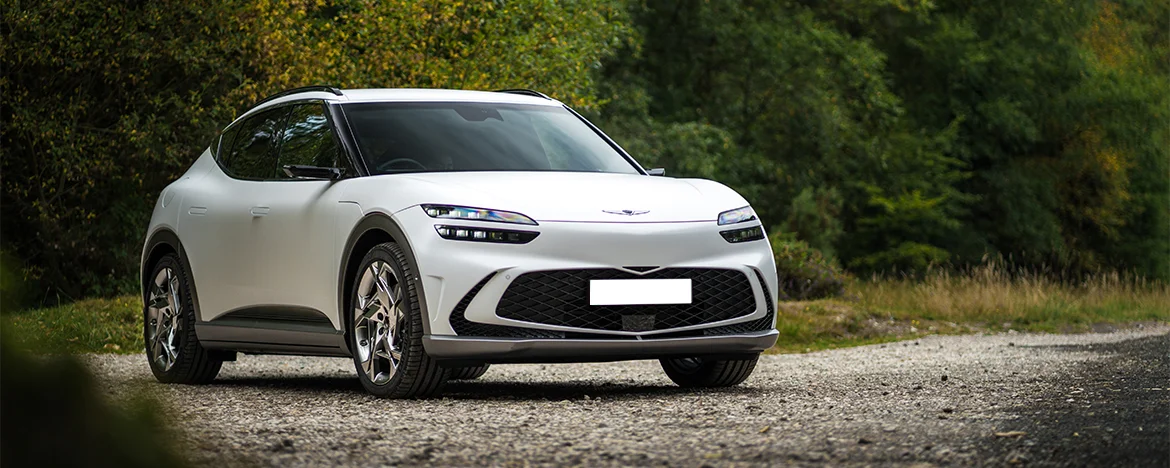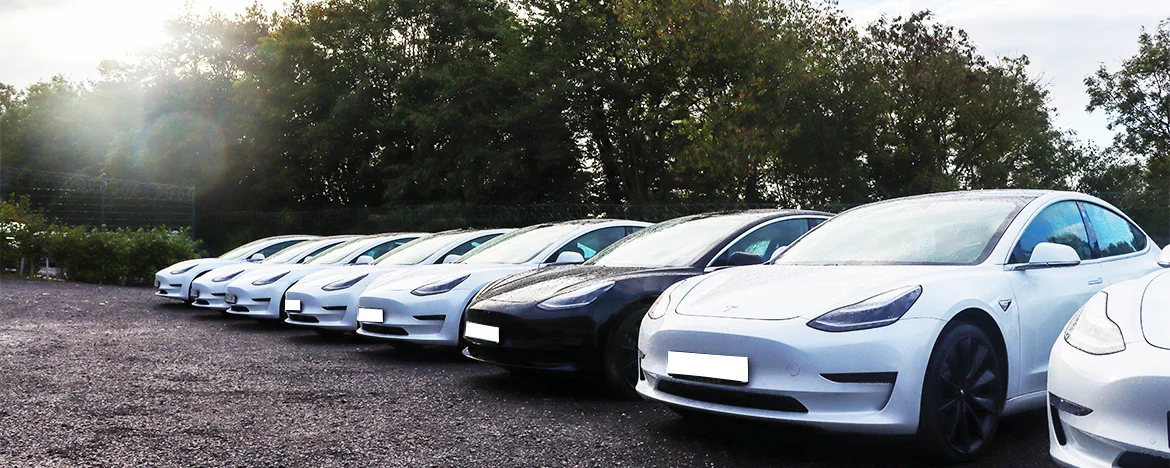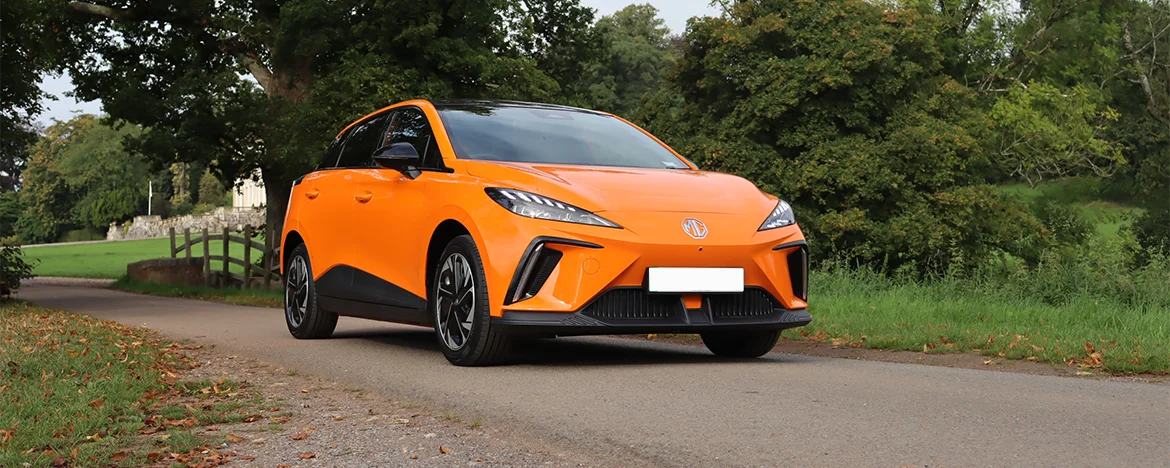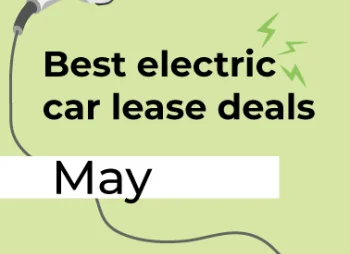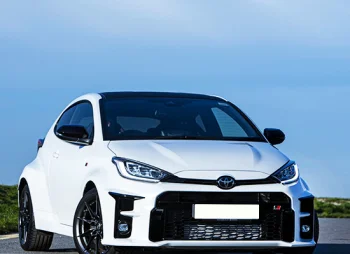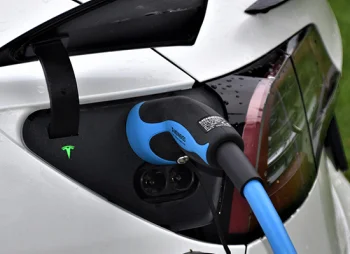Why should businesses choose electric car leasing?
There are additional incentives for business electric leasing on top of the normal benefits.
There is a big push for businesses to switch to EVs, and the Government have consistently released funding grants and tax reliefs for companies choosing to make that switch.
Right now, the Benefit in Kind (BiK) rate for all electric cars is fixed at 2% until 2025, when it’ll increase by 1% each year until 2028 where it tops out at 5%.
So, for example, if you leased the petrol Vauxhall Mokka, which is in the 30% BiK band, you’d be forking out £121 if you’re in the 20% tax bracket. It’s even higher if you’re a 40% tax payer, with a monthly BiK of £243.
But the Vauxhall Mokka Electric, in the 2% BiK banding, would cost you a mere £13.73 each month.*
That’s a saving of over £100 every month, just by making the switch to electric.
You could save even more cash with a salary sacrifice scheme.
It’s a great way to lease a new car for a smaller price tag. The scheme works by you 'sacrificing’ a portion of your salary to cover the net cost of the EV lease. Your maintenance costs and insurance are covered, and you’ll also pay less tax and NI on your salary.
If you’d like to see how much you can save, take a look at our salary sacrifice calculator and compare different cars.
There are also grants available for businesses to install charging points at work, which help to support the upfront cost of purchasing and installing electric vehicle charge points for eligible businesses.
It’s called the Workplace Charging Scheme (WCS), and it can reduce the initial investment by up to 75%.
If your business is eligible for the scheme, you can get up to £350 per socket for a maximum for 40 sockets. You don’t have to install 40 at once – you can apply to the WCS as many times as you need to until you hit that limit.
So, whether you’re only looking to dip your toe into the EV world with one or two chargers to start, or you’re diving right in and installing all 40 in one go, the WCS is one way to save some serious cash and provide an incentive for your employees to charge at work.
*Prices correct at time of publication

